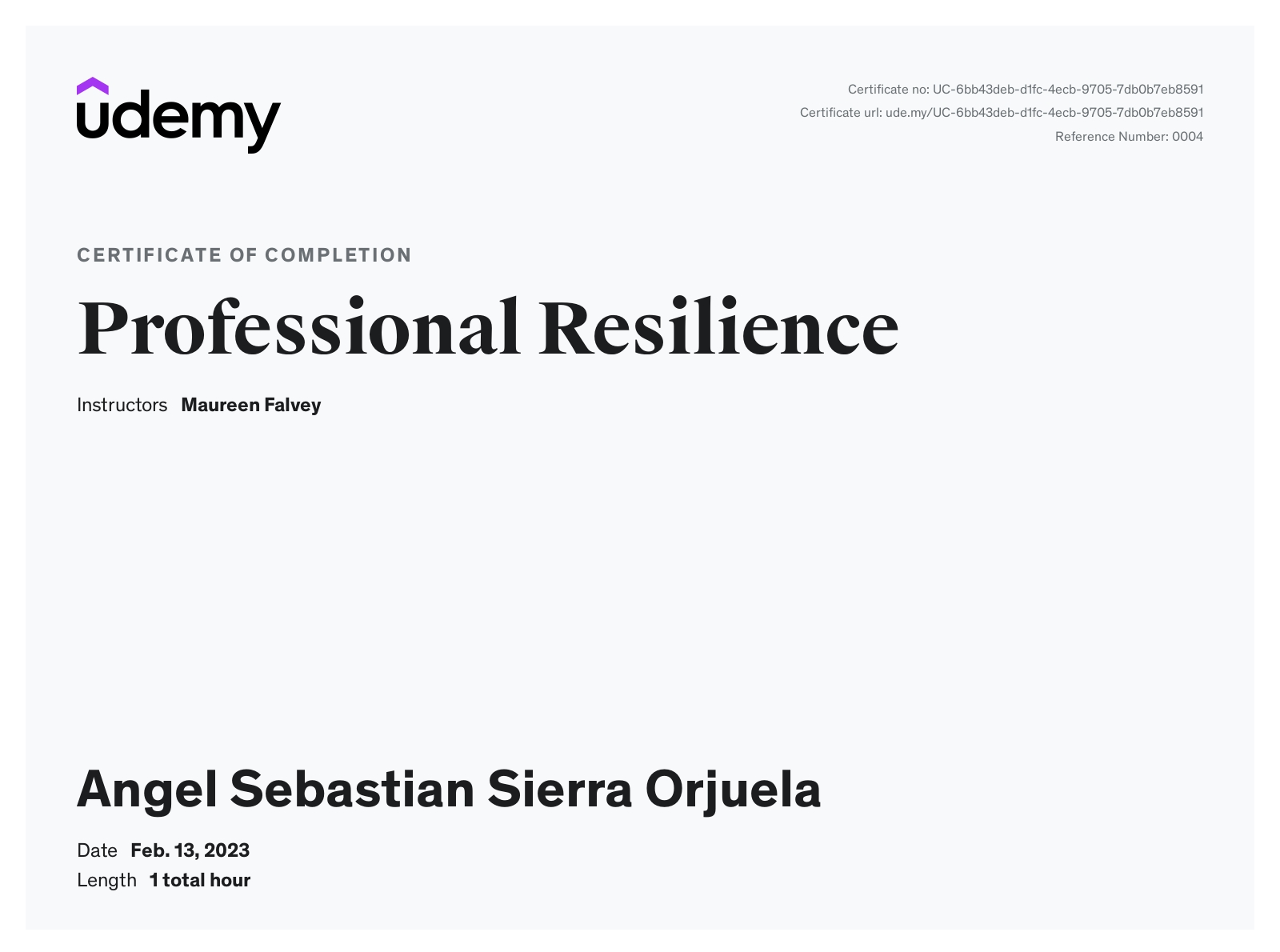B.B. King, often hailed as the “King of Blues,” is a towering figure in the world of music, particularly in the blues genre. His song “Why I Sing the Blues” encapsulates the essence of heartbreak and the emotional depth that defines much of his work. This article explores the intricate layers of this poignant piece, examining its historical context, lyrical content, and the broader implications of heartbreak in music.
The Historical Context of the Blues
The blues originated in the Deep South of the United States, rooted in African American history and culture. It emerged from the spirituals, work songs, and folk music of African Americans in the late 19th and early 20th centuries. The genre is characterized by its use of specific chord progressions, often the twelve-bar blues, and its focus on themes of sorrow, love, and resilience.
B.B. King’s contribution to the blues is monumental, bridging the gap between traditional blues and modern music. His unique style, characterized by expressive guitar solos and soulful vocals, helped to popularize the genre beyond its regional roots. In “Why I Sing the Blues,” King channels the pain and resilience of the human experience, a hallmark of blues music.
Unpacking “Why I Sing the Blues”
“Why I Sing the Blues” is a profound reflection on the struggles and heartaches that accompany life. The lyrics poignantly convey the reasons behind the blues, serving as a narrative of personal experiences and collective suffering. The song’s structure follows a classic blues format, allowing King to express his emotions through both words and music.
Thematic Elements
- Heartbreak: Central to the song is the theme of heartbreak, which resonates deeply with listeners. King articulates the pain of lost love and disappointment, elements that are universally relatable.
- Resilience: Despite the sorrowful themes, there is an underlying message of resilience. The act of singing the blues becomes a method of coping and healing, suggesting that music can provide solace in times of despair.
- Identity: The song also touches on the concept of identity, as King reflects on his experiences as an African American artist in a tumultuous social landscape. His blues become a narrative of both personal and cultural struggles.
Musical Composition

The musicality of “Why I Sing the Blues” further enhances its emotional weight. King’s signature guitar playing, often referred to as “Lucille,” is central to the song’s impact. His use of bends, vibrato, and expressive phrasing creates a sound that evokes the deep feelings of loss and longing.
The song employs a classic twelve-bar blues structure, which allows for improvisation and emotional expression. This format is vital to the blues genre, enabling artists to convey their feelings in a raw and authentic manner. King’s mastery of this structure is evident in how he intertwines his vocals with guitar solos, creating a powerful dialogue between voice and instrument.
The Impact of “Why I Sing the Blues”
The impact of “Why I Sing the Blues” extends beyond its immediate musicality. The song has influenced countless artists across genres, highlighting the enduring nature of the blues. Its themes of heartbreak and resilience resonate with audiences, ensuring its place in the pantheon of classic music.
Influence on Other Artists

- Eric Clapton: The British rock musician has often cited B.B. King as a major influence on his guitar playing and songwriting. King’s emotive style can be seen in Clapton’s work, particularly in his slower ballads.
- Stevie Ray Vaughan: Vaughan’s blues-rock style is heavily influenced by King. His rendition of “The Sky is Crying” pays homage to the emotional depth that King brought to the genre.
- Gary Clark Jr.: A modern blues artist, Clark has cited King as a significant influence on his music, particularly in his ability to blend genres while maintaining the emotional core of the blues.
Statistics and Popularity

The popularity of “Why I Sing the Blues” can be highlighted through various metrics:
- Record Sales: B.B. King’s albums have sold millions of copies worldwide, with “Why I Sing the Blues” being one of his standout tracks.
- Awards: King received numerous awards throughout his career, including 15 Grammy Awards, reflecting the critical acclaim and popularity of his work.
- Streaming and Downloads: In the age of digital music, songs like “Why I Sing the Blues” continue to garner thousands of streams monthly on platforms like Spotify and Apple Music, indicating its lasting appeal.
The Broader Implications of Heartbreak in Music
Heartbreak is a universal theme that transcends cultural and temporal boundaries. In music, it serves as a catalyst for creativity and emotional expression. Artists across genres have used heartbreak as a source of inspiration, resulting in some of the most memorable and impactful songs in history.
Case Studies: Heartbreak in Music
- Adele: The British singer-songwriter’s “Someone Like You” showcases the raw emotions associated with heartbreak, similar to King’s expression of sorrow in his music.
- Eric Clapton: Clapton’s “Tears in Heaven” reflects his personal loss and grief, drawing parallels to King’s exploration of heartbreak.
- Billie Eilish: The modern pop icon often explores themes of heartbreak and emotional turmoil in her music, demonstrating that this theme remains relevant across generations.
B.B. King’s “Why I Sing the Blues” stands as a testament to the power of music to articulate the complexities of heartbreak and resilience. Through its poignant lyrics and masterful musical composition, the song captures the essence of the human experience—pain, loss, and the enduring spirit to overcome. King’s influence on both the blues genre and contemporary music is profound, ensuring that the melodies of heartbreak continue to resonate with audiences around the world.
As we reflect on the themes presented in King’s work, it becomes clear that heartbreak, while painful, can also be a source of strength and creativity. The blues, as exemplified by King, serves not just as a genre of music, but as a powerful vehicle for emotional expression and connection.


